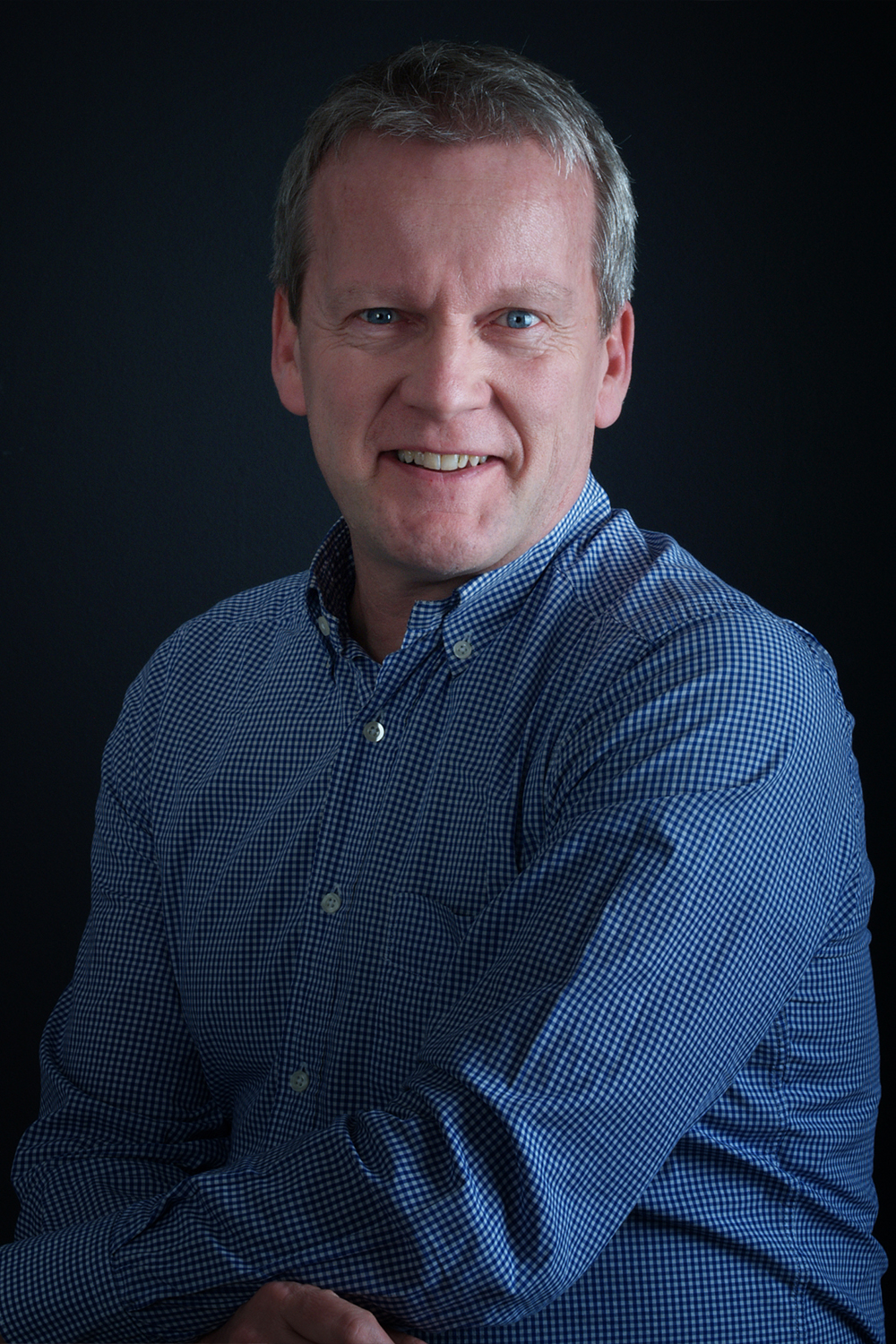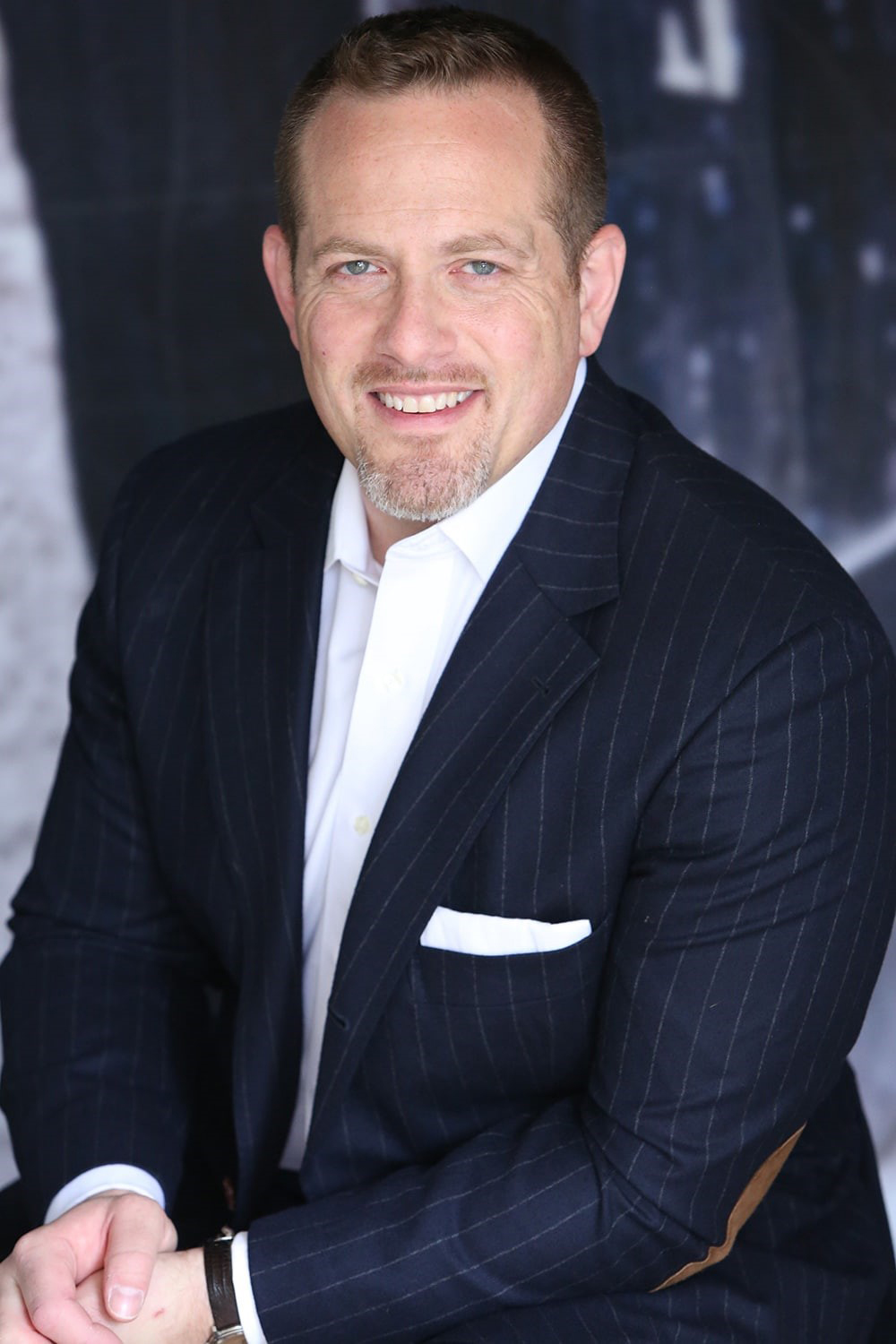
Opening Keynote: Pasi Sahlberg
Renowned Finnish Educator & Scholar
Pasi Sahlberg is a professor of education policy at the Gonski Institute for Education, University of New South Wales in Sydney, Australia. He is a Finnish educator and author who has worked as schoolteacher, teacher educator, researcher, and policy advisor in Finland and has studied education systems, analysed education policies, and advised education reforms around the world.
He has written and spoken widely about transforming education. His book Finnish Lessons 2.0: What Can the World Learn from Educational Change in Finland won the 2013 Grawemeyer Award for an idea that has potential to change the world. He is also a recipient of the 2012 Education Award in Finland, the 2014 Robert Owen Award in Scotland, the 2016 Lego Prize, and Rockefeller Foundation Bellagio Resident Fellowship in 2017. He chairs the Open Society Foundations’ Global Education Board and the International Council of Education Advisors (ICEA) for the Scottish First Minister.

